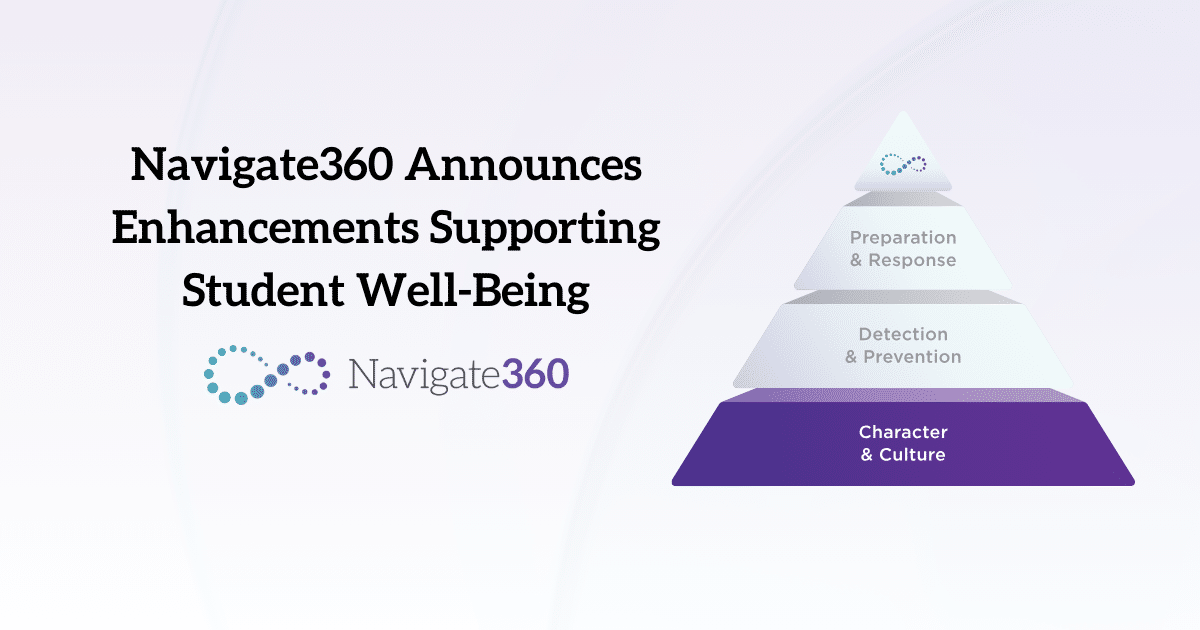The aim of a holistic approach to education is to provide not only academic instruction but also intentional character development for all students. Character education in schools helps to instill positive societal values, ethical standards, and beneficial personal integrity in students. It also results in improved academic outcomes through the exhibition of positive classroom behavior. For many schools, character education is a crucial element of the overall success of their students.
The Benefits of Character Education in Schools
Development of character strengths occurs throughout a student’s academic career, beginning as early as preschool. Basic principles such as sharing, taking turns, helping others, and more form the foundation on which many skills are built over students’ academic careers. These character traits benefit not only the individual student but also the larger school community as well as society in general.
Shaping ethical and moral values
Moral integrity is a cornerstone of a just and equitable society, and character education in schools helps to shape moral and ethical values. These values include honesty, respect, responsibility, fairness, and citizenship. As part of a school’s curriculum, these values aim to prepare students not just academically but also for a life guided by moral principles.
Promotion of social-emotional skills
Interpersonal skills and emotional intelligence are significant factors in a student’s character development. Social-emotional skills such as collaboration, communication, empathy, and conflict resolution are critical for the development of positive school climate.
Development of resilience
Setbacks and failures are a normal part of life, and students need to develop the ability to meet these events with perseverance. Schools that prioritize character education instill in students the ability to overcome obstacles, learn from mistakes, and persist in the face of challenges. This resilience not only contributes to academic success but also prepares students for the complexities of adult life.
Fostering a sense of civic responsibility
Community members contribute to society in a myriad of ways. Their actions and attitudes are foundational to government, justice, faith, and social responsibilities. Character education instills in students an understanding of their roles as responsible citizens within their local and global communities. This involves teaching students about social justice, environmental stewardship, and the importance of contributing positively to society. By instilling a sense of civic duty, character education prepares students to be active and informed participants in the democratic process.
What is the role of educators in character education?
Educators can encourage character development through schoolwide programs, activities, and initiatives. Service projects, character assemblies, and intentional character education curricula aid in this endeavor. As role models, educators play a critical role by modeling positive character traits, reinforcing the concepts being taught.
What is the role of families in character education?
Families have long been acknowledged as the student’s first teacher. The social and emotional skills a child exhibits when beginning their academic career have their foundation in the family unit. Successful character education in schools relies on collaboration between educators and families to teach and reinforce the character development of each student. Family involvement is the single best predictor of student success, and family collaboration fosters a supportive network that reinforces character development beyond campus boundaries.
Fostering Character Development with Character Education from Navigate360
Character education helps to nurture students’ ethical, social, and emotional development. Instilling moral values, promoting social-emotional skills, and placing emphasis on resilience and civic responsibility prepares students for academic success as well as a life of integrity and purpose.
Navigate360 enables schools to equip students with useful, comprehensive curricula designed to provide character education at all grade levels. Suite360 Character Education develops character and improves student behavior through a digital format that students feel comfortable using. Values such as respect, responsibility, trustworthiness, and citizenship are all integral parts of this curriculum. Students learn skills such as goal-setting, teamwork, problem solving, empathy, and more. Lessons are age-appropriate and scaffolded so that student skillsets build as they move through the curriculum. Additionally, family resources can be accessed in both English and Spanish, allowing families to participate in the development of their student’s character more fully.
Navigate360 developed the Suite360 Character Education in response to specific standards outlined by Florida and Texas, understanding that in character development, every act counts.
Suite360 Character Education Lessons Highlights
Positive character development impacts school culture and climate and enables students to cultivate skills for a successful life. We’d love to tell you more – contact us today!




